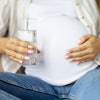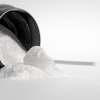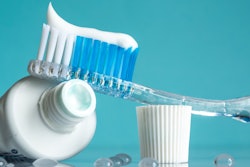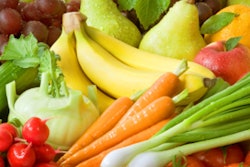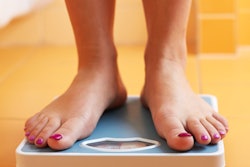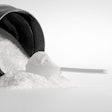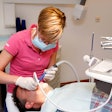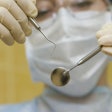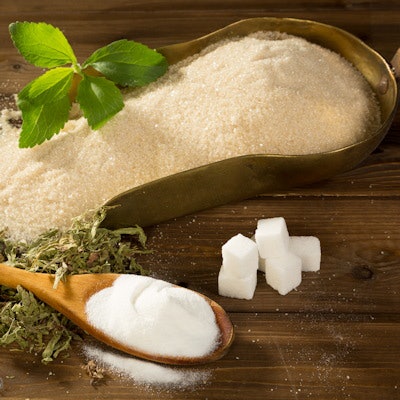
Artificial sweeteners aren't looking so sweet based on the findings of a study published on March 24 in PLOS Medicine. Research from France linked some types of sugar substitutes with an increased risk of cancer, including breast and obesity-related cancers.
The study analyzed data from nearly 103,000 French adults participating in the NutriNet-Santé study, a long-term, online research initiative that began in 2009. The authors hailed from leading French universities, the French National Institute for Health and Medicine Research, and the World Health Association's International Agency for Research on Cancer.
"Our findings do not support the use of artificial sweeteners as safe alternatives for sugar in foods or beverages and provide important and novel information to address the controversies about their potential adverse health effects," wrote the authors, led by Charlotte Debras, a doctoral student from Sorbonne Paris Nord University and the French Network for Nutrition and Cancer Research (PLOS Medicine, March 24, 2022).
Millions of people consume food and beverages with artificial sweeteners daily. However, the safety and benefits of these sugar alternatives have been called into question.
To better understand the health implications of sugar substitutes, the researchers analyzed responses and outcomes from the NutriNet-Santé study. For the study, participants report their artificial sweetener intake. Researchers also collect cancer diagnosis information.
Even after adjusting for variables like smoking, weight gain, and a family history of cancer, the authors found that people who consumed more artificial sweeteners had a higher risk for all types of cancer.
Aspartame and acesulfame potassium in particular were associated with increased cancer risk. Aspartame was linked to a 22% increased risk of breast cancer and a 15% increased risk of developing obesity-related cancers. Obesity-related cancers were also higher for all use of artificial sweeteners.
"These findings provide novel information for the re-evaluation of these food additives by health agencies," the authors wrote.
It's important to note that dietary intake was self-reported and could be incomplete. There was also the possibility of selection bias and reverse causality. More research is needed to confirm the findings, the authors said.
"While these results need to be replicated in other large-scale cohorts and underlying mechanisms clarified by experimental studies, they provide important and novel insights for the ongoing re-evaluation of food additive sweeteners by the European Food Safety Authority and other health agencies globally," the authors concluded.
